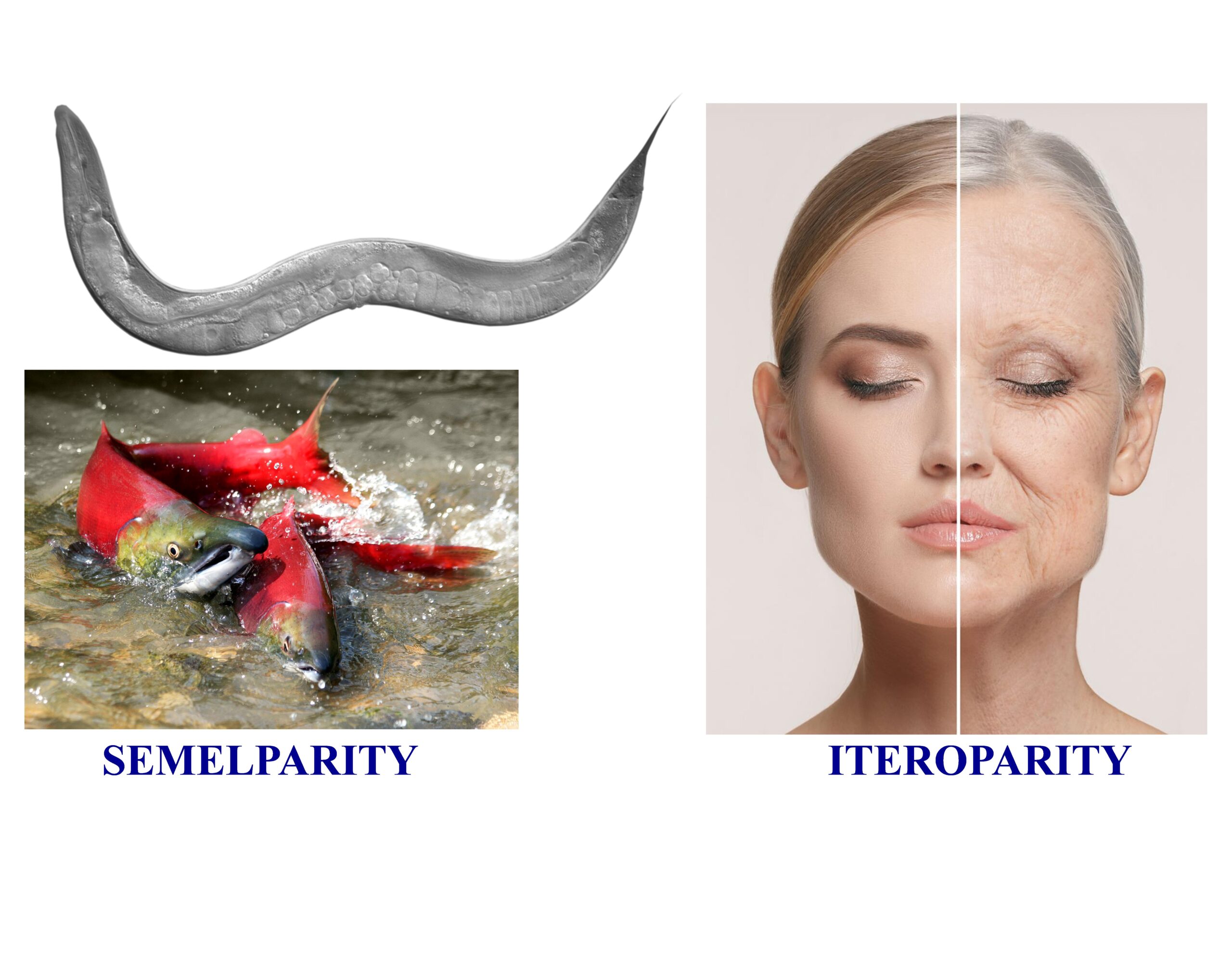‘Troubling the waters of anthropology – Is wading the missing factor in the evolution of hominid bipedalism?’
By
Algis Kuliukas (UWA)
Date: April 23rd 2009, at 18:00
Location: Daryll Forde Seminar Room (2nd floor of the Department of Anthropology, UCL)
Abstract: 150 years after “The Origin of Species” there is still no consensus among anthropologists for a Darwinian explanation for the most basic ape-human difference, our bipedality. Largely missing from the scientific literature about the evolution this peculiar mammalian form of locomotion is a discussion of the possible role of wading in shallow water. This presentation reviews the published work that considers the concept, and suggests that it is the idea’s mere association with the infamous, so-called “aquatic ape hypothesis” (perhaps better labelled, in the plural, “waterside hypotheses of human evolution”) which accounts for its disapproval, as specific objections are largely absent.As extant great apes appear to be almost unique within the mammals, as species that switch from a predominantly quadrupedal gait on land, to a bipedal gait in water, and as most early hominid paleohabitats are dominated by local wetlands, I consider our findings highly relevant to the question of the origin of human bipedalism.
My research poses an intriguing question: Could waterside hypotheses of human evolution, if put into the proper context, from population genetics, of slight selection, offer a way for Darwinists to explain all the other major physical differences between humans and their ape cousins and finally reach a lasting consensus about human origins? I will argue that they do indeed.





